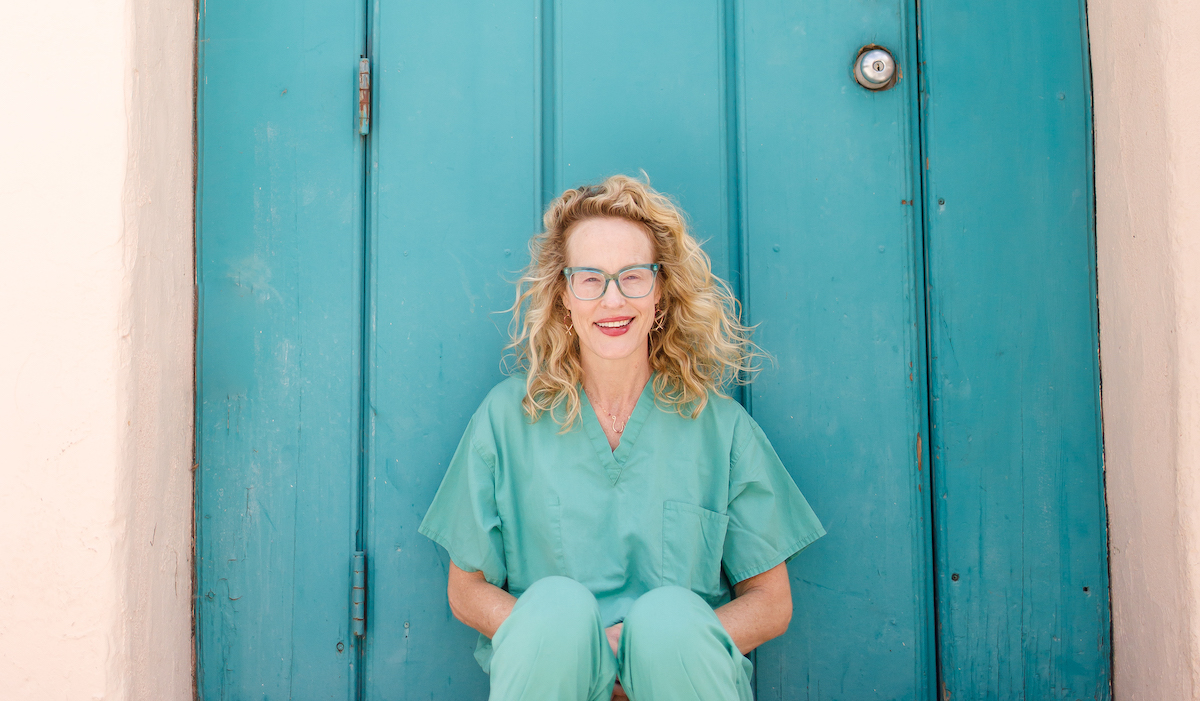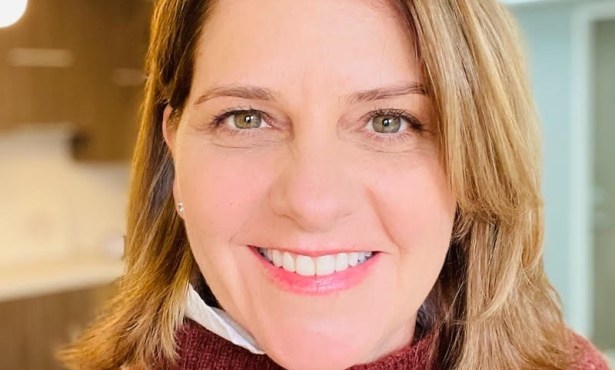Santa Barbara Surgeon Calls for Expanded Abortion Services, Creation of Women’s Health Task Force
Change Is Uncomfortable, But Silence Is Complicity, Says Dr. Katrina Mitchell

“The pills were malarone, not misoprostol.” My obstetrician colleague in Tanzania, East Africa, made a chilling discovery about medication I had purchased in a local pharmacy to use for terminating a patient’s pregnancy. Malarone is a powerful antimalarial agent that could have killed someone in the prescribed quantity for misoprostol, one of the drugs utilized in medical abortions.
During the four years I worked as a surgeon in Tanzania — where abortion is legal only to save the life of a mother — treating patients safely was challenging. As was my experience with a pharmacy dispensing incorrect medication, the barriers to care were often nuanced and dangerous to navigate.
In the weeks since the SCOTUS decision to overturn Roe v. Wade, I have been struggling to process its impact on my professional and personal life. Having lived abroad in several countries where violence against women is widespread, it is devastating to consider that protection within our American borders is disintegrating. But we can’t condone this — it’s not acceptable for us, or our future generations. I want my son to grow up in a world where the life of a woman is as valuable as his own. I want him to understand that dignity, bodily autonomy, and access to health care are fundamental human rights. I want him to bear witness to the sacred physician-patient relationship and respect my ability to protect those who entrust their lives to me.
I stand with the American College of Surgeons, American Medical Association, American College of Obstetrics and Gynecology, American Academy of Pediatrics, and all other organizations that have spoken out against this assault on medical practice and patient safety. Just as SCOTUS does not have the authority to dictate receipt of vasectomy or vaccination, it should not play a role in requiring a woman to accept the physical and mental health risks of pregnancy and childbirth. Making abortion illegal doesn’t stop abortions — it stops safe abortions. Our country already carries the highest maternal mortality rate of any western nation, and we can’t afford to lose more women.
At best, pregnancy and childbirth changes the mind and body of a woman forever. At worst, it ends in death. Our leaders are unaware of — or choose to ignore — these facts. If they could join surgeons in a day of work, they would experience a harsh awakening. I would invite them to watch as we perform an emergency hysterectomy on a woman hemorrhaging in labor. Sit with us as we deliver the news to her family that their beloved wife, sister, or daughter did not survive. Listen to us declare a depressed pregnant woman brain dead from a self-inflected gunshot wound. See us place breathing and feeding tubes in a patient paralyzed from eclampsia and hemorrhagic stroke. Smell the stench of leaking urine and feces from a rectovaginal fistula in an adolescent victim of incest. Hear our testimony in a child abuse case when a young mother, alone and overwhelmed, shakes her baby to death.
Our cultural idealization of motherhood leads to a complex reality for many women. During pregnancy and the postpartum period, women are at their highest lifetime risk for development of a mood or anxiety disorder. I have cared for tens of thousands of patients who are struggling in a healthcare system and culture that lacks safeguards to protect their physical, emotional, and economic wellbeing. Women who are suffering need access to obtain treatment, as maternal health directly affects fetal and childhood development. Restricting abortion further reduces the ability of women to conquer the multi-layered challenges they already face.
Sign up for Indy Today to receive fresh news from Independent.com, in your inbox, every morning.
At this moment in time, we must raise our voices louder than ever and demand expansion of the support we can offer to our communities in need. This is a crisis. Our state will be receiving an influx of patients traveling from elsewhere to obtain reproductive health services. Planned Parenthood is the only organization in Santa Barbara that provides elective abortions, and this is not enough. Our medical establishments must accept this call to action and begin to prioritize women’s health — all aspects of it. Change is uncomfortable, but silence is complicity.
Women of all ages, races, ethnicities, gender identities, sexual orientations, and socioeconomic statuses deserve locally available comprehensive care for concerns unique to them at critical junctures in their reproductive life cycle — from puberty to menopause. Beyond abortion services, I propose the creation of a Santa Barbara women’s healthcare task force, composed of community leaders, healthcare providers, and stakeholders.
This task force can identify what we currently do well, and create a plan to address the gaps — including those that impact underserved and high-risk patient populations. As illustrated in Aftershock, the powerful new documentary exposing the epidemic of Black maternal mortality in the United States, birthing centers and midwifery care for low-risk patients is a standard worldwide. Method of delivery is significantly correlated with successful breastfeeding, and I see the effect of high-intervention birth in my lactation practice each day. We need to understand this association and ask how we can promote outcomes that influence a lifetime of health for mothers and children. Safe birth exists both in and outside of hospitals, and we should help patients explore all options based on their individual circumstances.
This task force can facilitate research into the ever-evolving physical and mental health needs of women in our county. It can fundraise to help build a facility that utilizes the latest technology and models standards of care for all facets of women’s health. Patients can receive their pap smear, mammogram, bone density test, menopause management, and female surgical services alongside obstetrics, reproductive mental health, lactation, and physical therapy. And this list is just a start. Many individuals throughout Santa Barbara have the vision, knowledge, and skills to build something great, but the system to support them must exist. This system must be intentional and proactive, not short-sighted and reactive.
When I graduated from medical school, I committed myself to a life of service to others. The work ahead requires more dedication than ever, but I am ready. My son is, too. Will you join us?
Dr. Katrina Mitchell is a breast surgeon, lactation consultant, and perinatal mental health provider. She is passionate about community education and advocacy for women’s health. This article reflects her personal views and does not represent that of the organizations with which she is affiliated.
Support the Santa Barbara Independent through a long-term or a single contribution.



